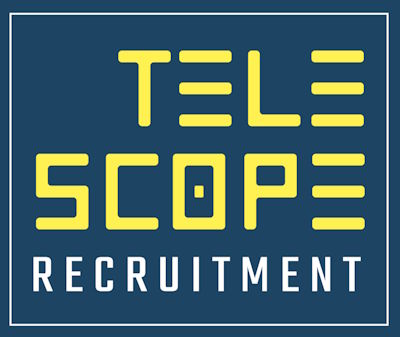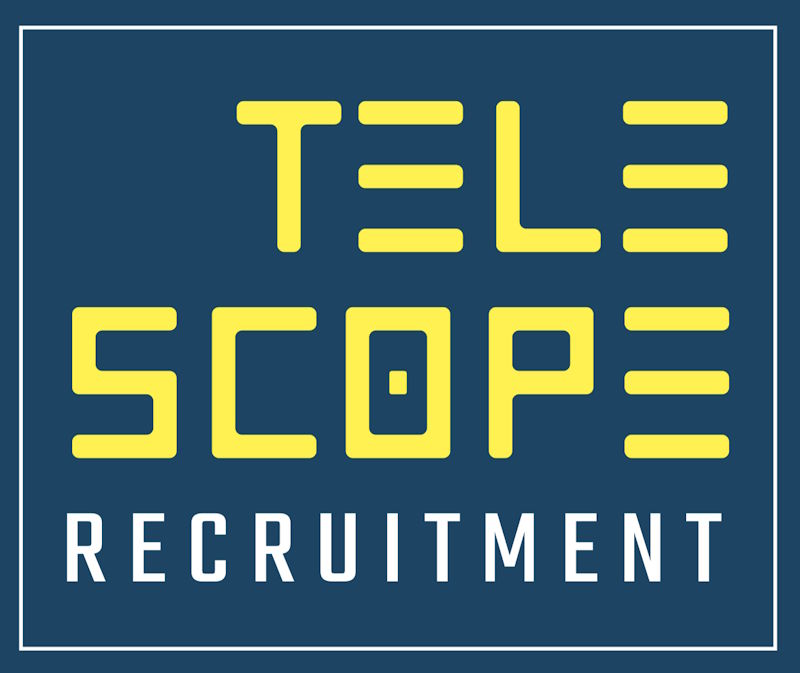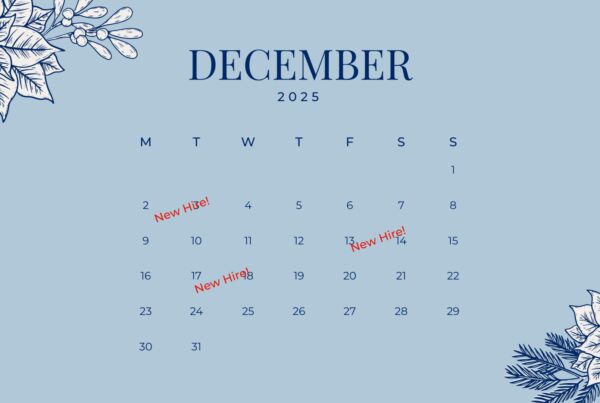Image by www.freepik.com
In recent years, sustainability has moved from the periphery of business operations to a central priority. As companies align their values with environmental, social, and governance (ESG) goals, a new category of talent is rising to meet the demand: professionals with green skills.
For recruiters and job seekers alike, understanding what these roles entail-and how to prepare for them-can unlock emerging opportunities in a fast-evolving employment landscape.
What Are Green Skills?
Green skills are capabilities that contribute to environmental sustainability. They span technical, strategic, and operational areas across industries-from energy and construction to finance and supply chain. Key examples include:
- Carbon accounting and emissions tracking
- Sustainable design and engineering
- Environmental data analysis
- ESG reporting and compliance
- Renewable energy system installation and maintenance
According to LinkedIn’s Global Green Skills Report, demand for green talent is outpacing supply, especially in roles that require both technical proficiency and strategic thinking.
Career Pathways and Certifications
The good news? Green skills can be built. Many professionals are entering sustainability-related roles through targeted education and reskilling. Certifications such as LEED (Leadership in Energy and Environmental Design), GRI Standards (Global Reporting Initiative), and ESG micro-credentials are widely recognized and valued by employers.
In addition, many universities and online platforms now offer flexible courses in sustainability, climate risk, and circular economy strategies-making this path more accessible to mid-career professionals looking to pivot.
The Employer Perspective: Building Green Talent Pipelines
For organizations, preparing for a green economy means more than hiring environmental specialists. It’s about embedding sustainability into every function-operations, finance, marketing, HR. This shift requires a long-term strategy for talent acquisition and development, including:
- Identifying future skill gaps and investing in training
- Reevaluating job descriptions to include ESG responsibilities
- Partnering with recruiters who understand the green talent market
Companies that act early can position themselves as employers of choice for a purpose-driven workforce.
Advice for Job Seekers
For those interested in joining the sustainability space, the path doesn’t have to be linear. Highlight transferable skills-such as project management, data literacy, or supply chain experience-and pair them with new green credentials.
Use your resume and LinkedIn profile to demonstrate an understanding of ESG principles or climate-conscious initiatives you’ve led or contributed to. Even small steps, like taking a sustainability course or volunteering with a local environmental group, can signal commitment and initiative.
Conclusion
The rise of sustainability roles is not a temporary trend-it’s a fundamental shift in how organizations operate and grow. Whether you’re hiring or job hunting, now is the time to invest in green skills that will define the next decade of work.
Partnering with Telescope Recruitment means embracing a visionary approach that illuminates your path to success. Together, we will reach new heights and create constellations of success that shine brightly in the cosmic realm of recruitment. Join us today and experience the difference we can make for your organization or career.





